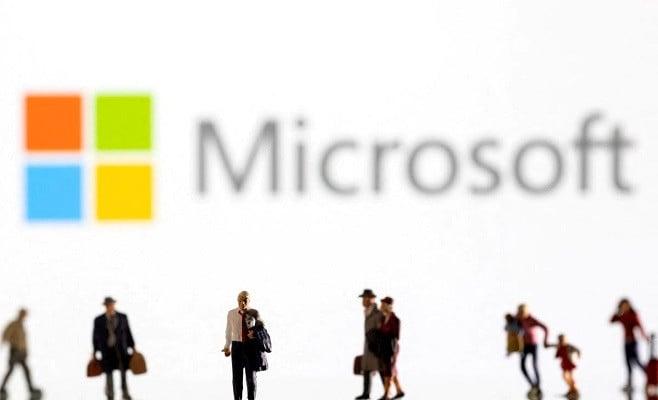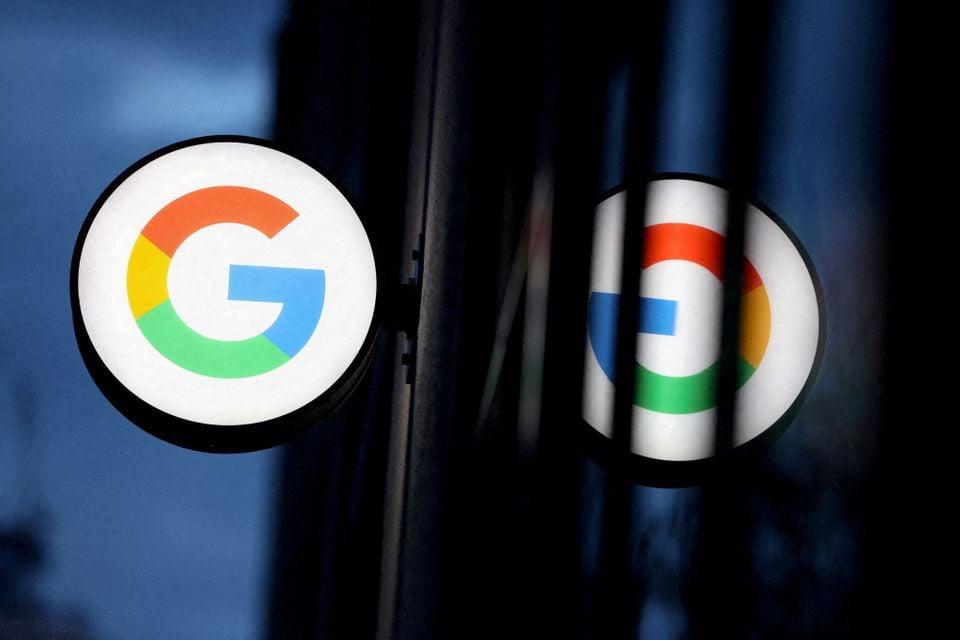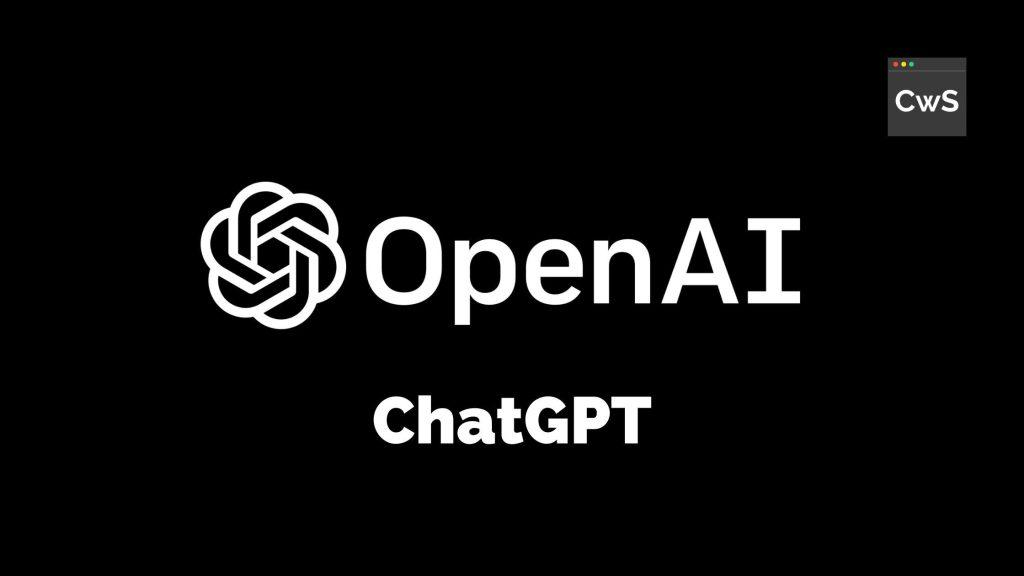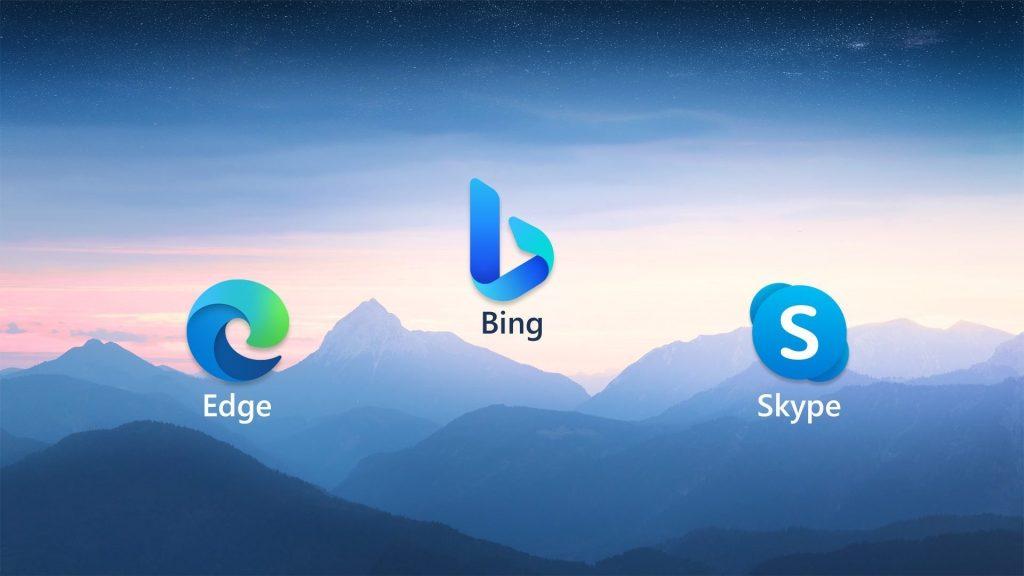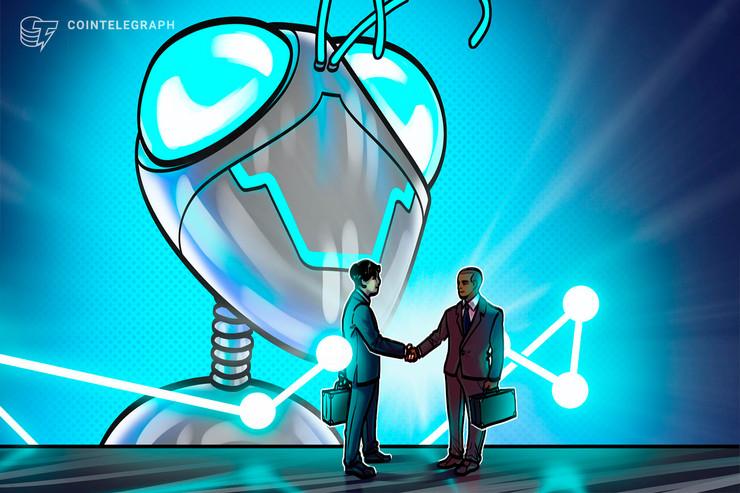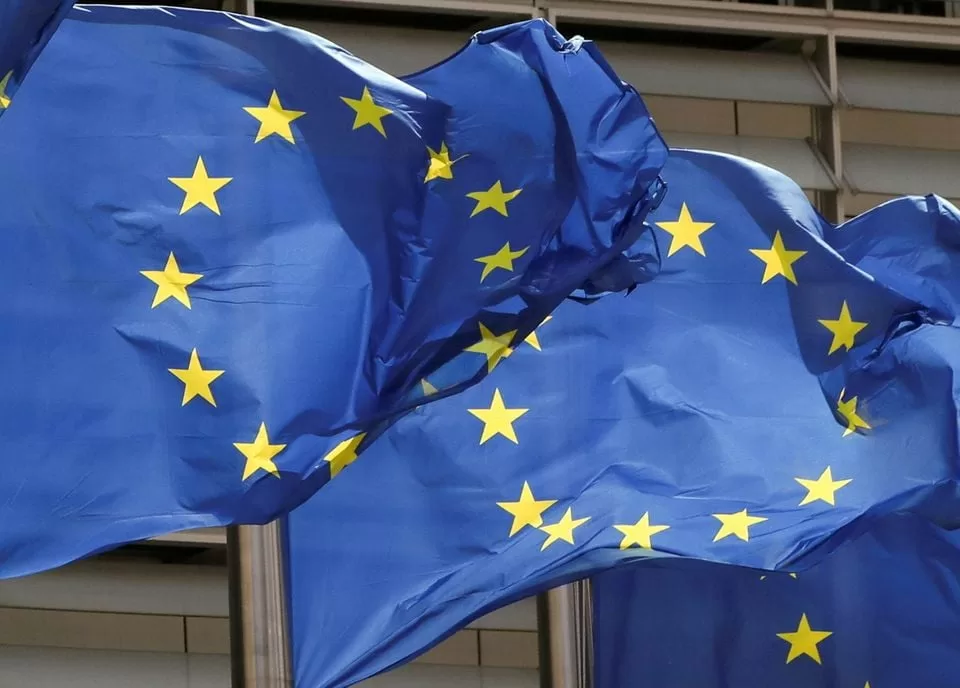
Organizations sending generative simulated intelligence apparatuses, for example, ChatGPT, should uncover any protected material used to foster their frameworks, as indicated by an early EU understanding that could prepare for the world’s most memorable thorough regulations administering the innovation.
The European Commission started drafting the simulated intelligence Act almost quite a while back to direct the arising innovation, which went through a blast in venture and notoriety following the arrival of OpenAI’s simulated intelligence-fueled chatbot ChatGPT.
Individuals from the European Parliament consented to push the draft through to the following stage, the trilogue, during which EU administrators and part states will work out the last subtleties of the bill.
Under the proposition, man-made intelligence apparatuses will be arranged by their apparent gamble level: from insignificant through to restricted, high, and unsatisfactory. Areas of concern could incorporate biometric observation, spreading falsehood, or biased language.
While high-risk devices won’t be restricted, those utilizing them should be profoundly straightforward in their tasks.
Organizations conveying generative artificial intelligence apparatuses, for example, ChatGPT or picture generator Midjourney, will likewise need to uncover any protected material used to foster their frameworks.
This arrangement was a late expansion drawn up within the beyond two weeks, as indicated by a source acquainted with conversations. Some panel individuals at first proposed prohibiting protected material from being utilized to prepare generative simulated intelligence models out and out, the source said, yet this was deserted for a straightforwardness necessity.
“Against moderate wishes for additional reconnaissance and liberal dreams of over-guideline, parliament found a strong trade-off that would manage simulated intelligence proportionately, safeguard residents’ freedoms, as well as encourage development and lift the economy,” said Svenja Hahn, a European Parliament delegate.
Microsoft-supported OpenAI incited stunningness and uneasiness all over the planet when it uncovered ChatGPT toward the end of last year. The chatbot turned into the quickest-developing customer application ever, arriving at 100 million month-to-month dynamic clients surprisingly fast.
The resulting race among tech organizations to put up generative computer-based intelligence items for sale to the public concerned a few spectators, with Twitter-proprietor Elon Musk backing a proposition to end the improvement of such frameworks for quite some time.
Soon after marking the letter, the Monetary Times detailed that Musk was wanting to send off his own startup to match OpenAI.

